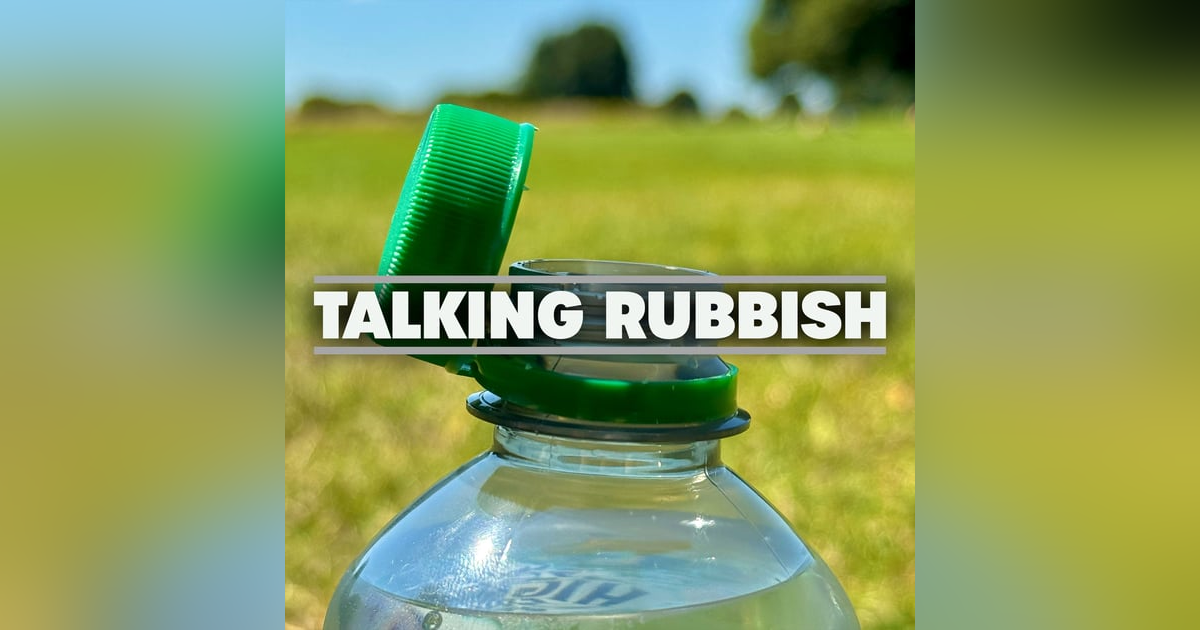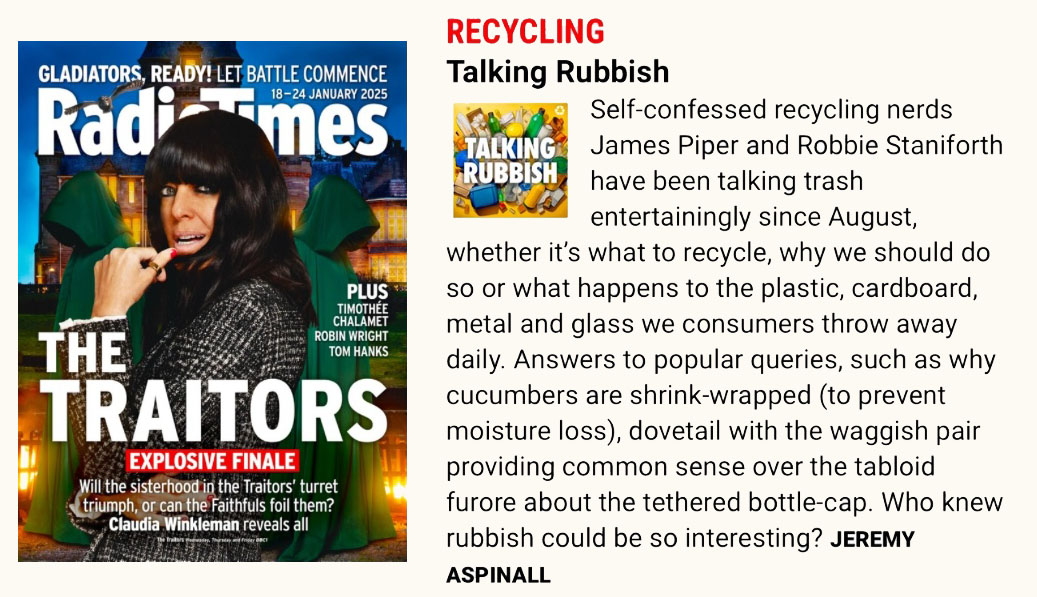In the very first episode of Talking Rubbish, James Piper and Robbie Staniforth dive into the newly implemented design of attaching caps to bottles—a change that many consumers have noticed but might not fully understand. This post explores the motivations behind this seemingly small adjustment and its broader implications for recycling, waste management, and environmental sustainability.
Why Are Bottle Caps Suddenly Attached?
One of the major themes discussed is the reasoning behind bottle caps being attached to bottles. This change is primarily driven by new EU regulations aimed at reducing plastic waste. Detached bottle caps are among the most common items found in litter, particularly on beaches. By attaching them to the bottle, the likelihood of them being discarded separately is reduced, ensuring they are recycled along with the bottle. This shift is part of a broader strategy to encourage better recycling practices and reduce environmental impact.
The hosts explain that bottle caps are often made from different types of plastic than the bottles themselves, which can complicate the recycling process. When caps are attached, it streamlines the recycling process, making it easier for facilities to process the materials together. This change could lead to a higher percentage of plastic being successfully recycled, which is crucial as the world grapples with increasing levels of plastic pollution.
Addressing Consumer Concerns
While the change might seem straightforward, it has sparked a variety of consumer reactions, ranging from confusion to frustration. James and Robbie address these concerns, explaining that while it might take some time for people to get used to the new design, the environmental benefits are significant. They also clarify that despite initial perceptions, the attached caps do not negatively impact the user experience and are designed to be just as functional as before.
The Bigger Picture: Legislation and Environmental Impact
The discussion also touches on the broader legislative landscape. The EU's directive is part of a larger effort to meet ambitious recycling targets and reduce plastic waste. This is not just about bottle caps; it reflects a global push towards more sustainable practices. James and Robbie emphasize that changes like these, though they may seem small, are essential steps in addressing the larger issue of plastic pollution.
Common Misconceptions and FAQs
The hosts also use this episode to debunk common myths about recycling. For instance, they discuss the often-asked question about whether pizza boxes are recyclable (hint: it depends on the level of grease contamination) and why local recycling guidelines can differ from national recommendations. These nuances highlight the complexity of waste management and the importance of informed consumer participation.
Conclusion: Embracing Change for a Greener Future
In wrapping up, James and Robbie encourage listeners to view these changes as positive steps towards a more sustainable future. While it might take time to adapt, the benefits of reduced litter, more efficient recycling, and a cleaner environment are worth the effort. The episode serves as a reminder that small changes in our everyday habits can have a significant impact when it comes to protecting our planet.
This episode of Talking Rubbish offers a deep dive into an often-overlooked aspect of environmental policy, providing listeners with the knowledge and motivation to support these new initiatives. Whether you're a recycling enthusiast or just curious about the changes you're seeing in your daily life, this podcast provides valuable insights into why bottle caps are now staying firmly attached to their bottles.

























